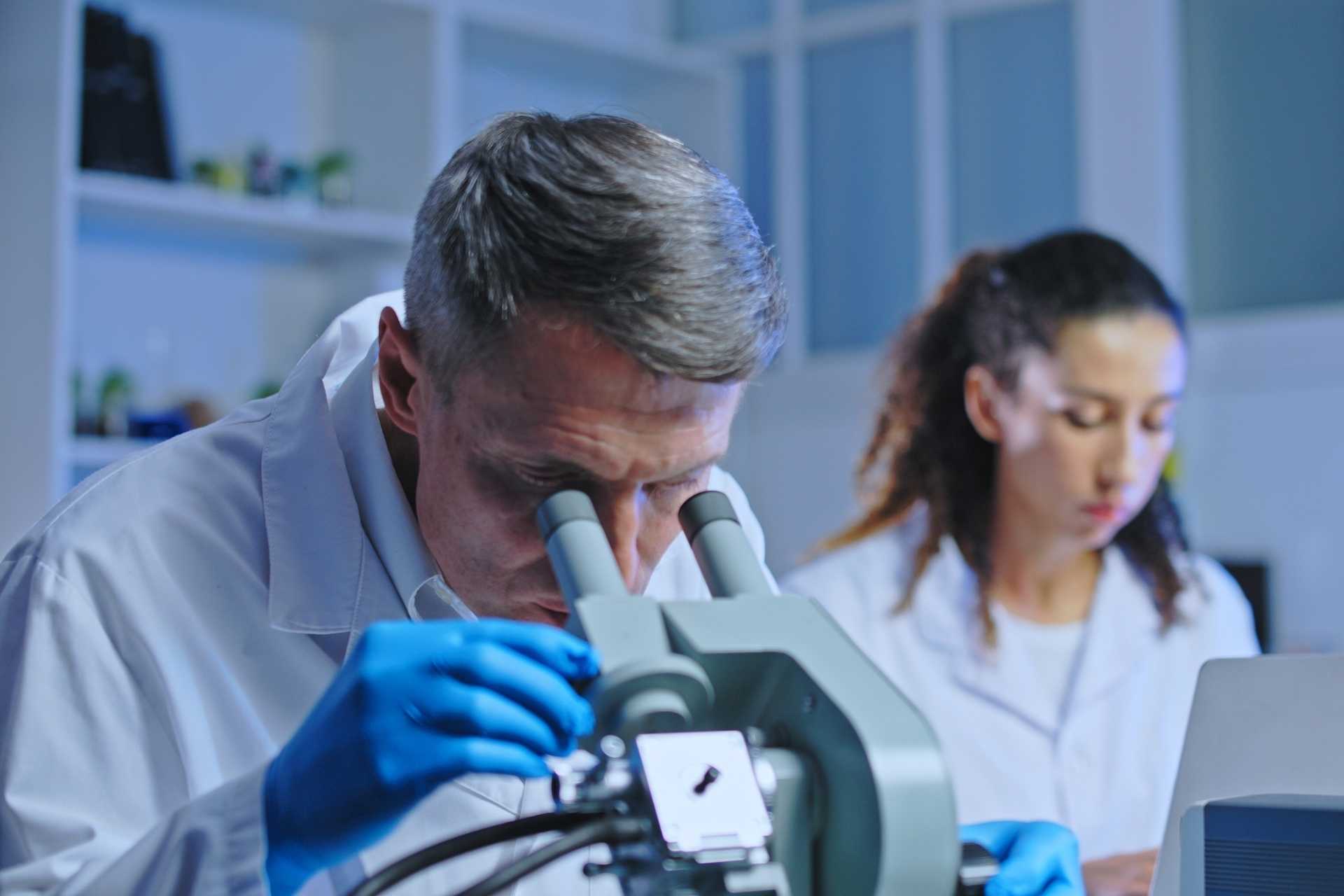Bridging microbiome science and entrepreneurial ambition, Endure Biotherapeutics—a preclinical biotech startup based in San Diego—has secured a Phase I SBIR grant from the National Cancer Institute (NCI) to develop an Engineered Native Bacteria (ENB) therapy for Familial Adenomatous Polyposis (FAP). If successful, this could pioneer a non-surgical treatment for a nearly inevitable progression to colorectal cancer in FAP patients.
From press release to promise
FAP is a hereditary disorder marked by the development of hundreds—or even thousands—of polyps in the colon and rectum, virtually guaranteeing colorectal cancer by age 40 if untreated. Current management typically involves prophylactic colon removal, a life-saving but invasive procedure with significant lifestyle impact. Endure Bio’s ENB therapy aims to change that—leveraging strains of bacteria sourced from human hosts, genetically engineered for therapeutic activity, and reintroduced into the gut where they naturally engraft and persist.
Amir Zarrinpar, MD, PhD (founder, CMO, and professor at UC San Diego) calls the NIH award “critical”—calling it “one of the first potential treatments” for FAP. CEO Mark Wilson echoed the SBIR’s intent: “Innovation with a clear path to improving human health.”
Microbiome breakthroughs: a budding regulatory landscape
Live biotherapeutics (LBPs) and microbiota‑based therapies are emerging from experimental fringes into the realities of regulated medicine. To date, the U.S. Food and Drug Administration (FDA) has approved only two microbiota-derived LBPs—Rebyota (a rectal fecal microbiota suspension) in November 2022, and Vowst (an oral capsule of fecal microbiota spores) in April 2023.
These approvals represent key milestones—elevating gut microbiome manipulation from stool transplants to defined, pharmaceutical-grade products.
But the regulatory path remains complex. Analytical methods, manufacturing consistency, strain identification, and long-term safety assessments remain areas under refinement in collaboration with industry and regulators globally.
Competitive landscape: beyond FAP
The microbiome therapy arena is heating up. For example, Seres Therapeutics—developer of Vowst—recently received valuable FDA feedback on their live biotherapeutic candidate SER‑155, designed to reduce bloodstream infections in hematopoietic stem cell transplant patients. Their early data suggests a 77% reduction in infection risk—a promising step toward Fast Track or Breakthrough Therapy designation.
This juxtaposes Endure Bio’s pipeline, which, besides FAP, includes candidates for PKU and metabolic aging disorders. If ENB therapies can offer both safety and durable engraftment, the opportunity for a new therapeutic class—”engineer-and-engraft” live biotherapeutics—could transform how chronic and genetic conditions are treated.
Business implications: funds, trust, and strategic timing
Receiving an SBIR Phase I grant is more than just non-dilutive funding—it signals NIH trust in scientific rigor and commercial viability. In the competitive world of biotech startups, this can catalyze further investor interest and partnerships.
Beyond financials, Endure Bio’s strategy targets functional, long-term cures—not symptomatic relief. If their approach succeeds, it could redefine treatment for conditions that today prompt surgery, lifelong dietary regimens, or chronic pharmaceutical dependence.
Final thought
Endure Biotherapeutics sits at the convergence of regulatory progress, scientific potential, and unmet medical need. As the microbiome therapeutics field matures—with approvals like Rebyota and Vowst signalizing broader acceptance—innovations like ENB therapies could soon reshape the treatment landscape for both rare and widespread diseases.









